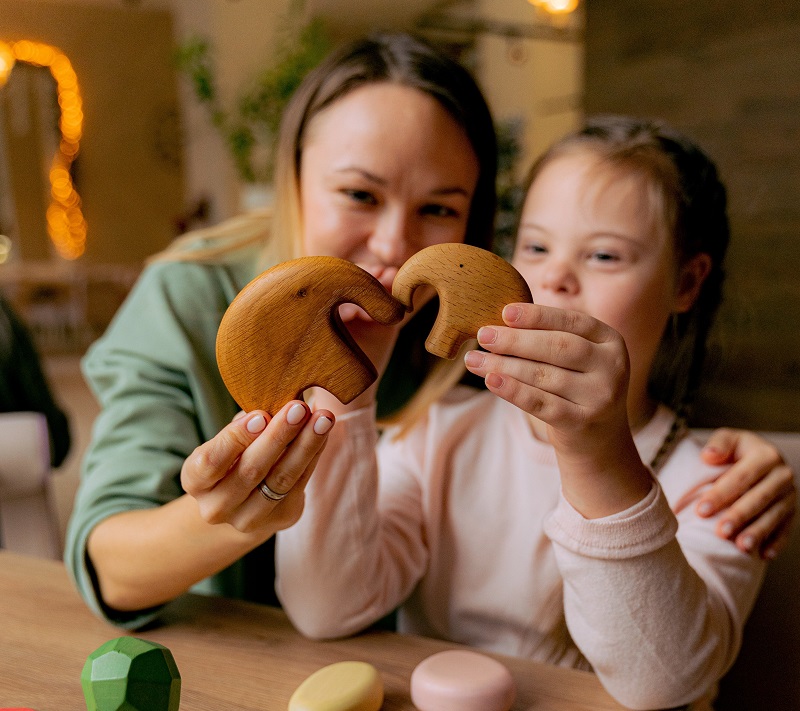
Information for family members of neurodivergent children and young people
Information and guidance on how to explain that a family member or child is neurodivergent.
Being neurodivergent or having an neurodivergent family member can be really positive, but can also be confusing at times, especially when family members don’t understand what is happening for their child or young person.
The Amazing things project have produced a number of videos about neurodivergence. This video by Alexander Amelines gives an introduction to autism for non-autistic audiences, aiming to raise awareness, understanding and tolerance.
The National Autistic Society have created some helpful guides to support understanding and enable relatives to better support their autistic family member.
NAS - a guide for parents and carers
NAS - a guide for siblings of autistic people
You can also access information about being a sibling of an autistic person on the Sibs website.
Ambitious About Autism have some helpful guides for family members on their website, including one especially for grandparents.
Explaining autism videos for family members
Sometimes people find it difficult to understand autism and how it can affect their family member. Here are a selection of video clips that might help your relatives to develop a better understanding of what it’s like to be autistic:
Too much information was a campaign by the National Autistic Society to increase public understanding of the five core features of autism and to give people an understanding of what actions they can take to help autistic people.
They have produced the following information videos:
Can you make it to the end? - NAS – a video from the National Autistic Society that shows how being overstimulated in an environment can lead to a ‘meltdown’. Find out more about meltdowns on the NAS website.
Make it Stop - NAS - a video from the National Autistic Society that shows what it can be like for an autistic person when their brain gets too much information.
BBC Newsround – What is Autism? - a collection of BBC videos from children explaining their autism.
We have produced a series of short podcasts called Mind-Boggling Conversations, which explore autism and give a voice to the young people of Worcestershire. Listen here: Mind-boggling Conversations - YouTube
ADHD
The video we used in the introduction to this section: Amazing Things Project - What is ADHD? (amazingthingshappen.tv) may help to explain more about ADHD.
Explaining ADHD videos for family members
Sometimes people find it difficult to understand ADHD and how it can affect their family member. Here are a selection of video clips that might help your relatives to develop a better understanding of what it’s like to have ADHD.
What is ADHD and does my child have it? - BBC Bitesize – short video explaining what ADHD is.
The charity ADHD UK has a collection of videos to help explain more about ADHD.
Information for family members of neurodivergent children and young people
BBC Newsround produced a short video about neurodiversity, which you may want to share to help to explain what it is and how it affects people.
Information for family members of children and young people with dyscalculia
The charity Contact has a page on their website which explains what dyscalculia is and how it impacts on everyday life, which could be useful to signpost older members of your family too.
Information for family members of dyslexic children and young people
The British Dyslexia Association have produced a useful animation which explains about dyslexia, how it affects people day to day and the positives it offers.
See dyslexia differently - British Dyslexia Association YouTube
You can find more videos and animations about dyslexia, on the British Dyslexia Association - YouTube channel.
We have included links and information which parent carers and other professionals have made us aware of, if you know of any other information and websites, that you have found particularly helpful, please email the information to Localoffer@worcestershire.gov.uk.

 Facebook
Facebook X
X Email
Email WhatsApp
WhatsApp Messenger
Messenger